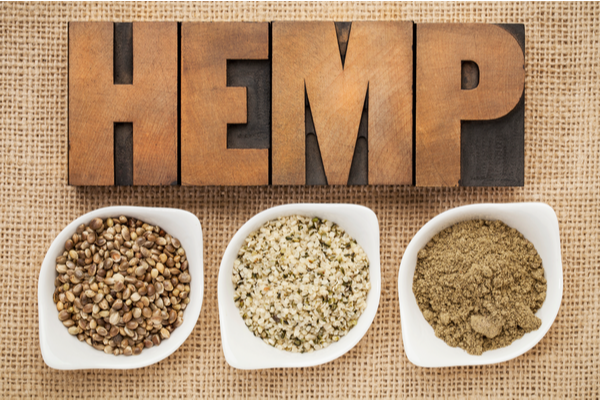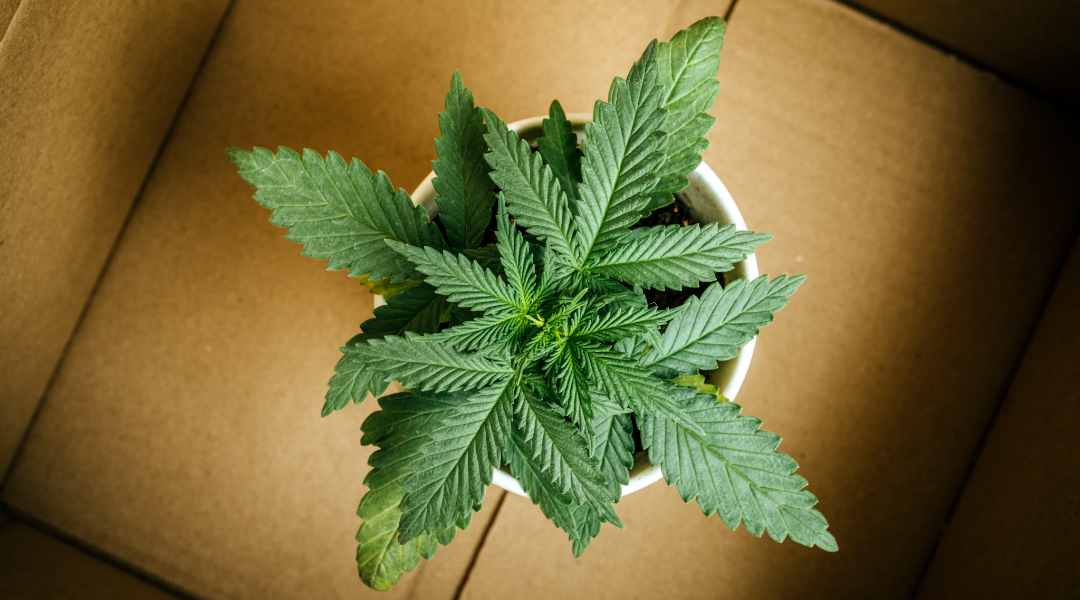Industrial Hemp, a variety of the plant Cannabis Sativa is a sustainable crop that has been cultivated for long. Often confused with its sister, marijuana, the nutrient-rich hemp is used extensively for its multipurpose role. With technology and its advancements, refined hemp is used in paper, oil textiles, paint, biofuel, animal fodder and even as staple food. Unlike marijuana which is loaded with THC, a psychoactive compound, the eco-friendly hemp causes no intoxication to the human body.
HEMP – A Historical roadmap
Hemp, one of the oldest domesticated crops, is known to have its origins in Central Asia. China is said to have invented its first hemp-based paper in 200 BC. Having found its way to other cultures, hemp cords became the key ingredients used in pottery. Hemp seeds and oil were also used as a food source in China around 6000 BC. The plant’s utility spread manifold once it became a part of the world’s most expensive, most translated book, the Gutenberg Bible. It was then employed for use in a number of products including boats and clothing.

Thrice as strong as cotton and resistant to saltwater, hemp ropes were extensively used in sailing ships. By the 1920s, hemp became an intrinsic part- as much of 80% of the world’s clothing used hemp products. Having suffered multiple bans and restrictions largely due to misinterpretation and misinformation, hemp use remained unexplored for a really long time.
This, however, changed after decades of legal battles. Sustainable use of hemp in commerce and medicine was recognized by not just America but all countries around the globe. This lead to an instant boost and renewal of hemp and its products ranging from paints, banknotes, paper, ink, clothing, construction and insulation material and more.
How to identify Hemp plants
It is no surprise that people, non-botanists, who aren’t acquainted with the cannabis species end up wondering – Is Hemp weed? We did too… However, this is a misconception that needs to change. The world of Cannabaceae family contains plenty of names you might get mixed up with. Marijuana and Hemp are two such terms. Though they are interchangeably used, there are minor differences between Hemp and Marijuana, be it botanical or cultural.
Let us see how to identify and differentiate hemp plants from the rest.
What is Hemp, Marijuana and Cannabis?
Let’s start with a brief understanding of what Cannabis is. With about 170 odd sister species of flowering plants, Cannabis belongs to, or academically put, a taxonomic term commonly used to refer to the genus from Cannabaceae family. It is again classified into three - Cannabis sativa, Cannabis indica, and Cannabis ruderalis. It is the name Cannabis sativa that we need to remember.
Hemp, or the industrial Hemp is nothing but Cannabis sativa. L plants with 0.3% of THC or even less. An exceeding THC content and it becomes Marijuana, the one that we have all heard about – an intoxicating sister/cousin version of Hemp.
How to differentiate between Hemp and Marijuana?
Other questions that might have, by now, popped on your mind could be how to identify hemp plant? Or maybe you must be wondering if there are any other differences between hemp and marijuana.
Let us see the nuances that need to be understood while differentiating the two plants.
Does Industrial Hemp have THC?
Even though in today’s market both Hemp and Marijuana are used interchangeably, it certainly has differences.
| Type of Cannabis | Psychoactive Nature | THC Level |
| MARIJUANA | YES | 5 - 35% |
| INDUSTRIAL HEMP | NO | 0.3% |

Hemp and marijuana are varieties of the plant Cannabis Sativa. But hemp is a non-intoxicating variant of Cannabis. Hemp contains the chemical compound, CBD- a cannabinoid that does not have any psychoactive impact on the body. In fact, CBD is often used as a relaxant and for therapeutic purposes around the globe. Extracted in the form of oil and used in products like tinctures, beverages and food products, CBD relieves pain, helps manage anxiety and stress, and leaves a soothing effect on your body. Marijuana, on the other hand, is loaded with THC (delta-9-tetrahydrocannabinol), a psychoactive ingredient that induces euphoria. In high doses, it often clouds judgement or even causes mental disorders. Equating hemp with marijuana is therefore completely wrong.
Is Hemp legal?

The hemp industry in India is booming like never before. The global market for hemp is expected to reach USD 12.01 billion by 2028. Considering its close correlation with marijuana, one question that might linger in an inquisitive buyer’s mind would be: Is Hemp legal?
With over 25,000 different uses of hemp, the government regulates THC content in extracts and the companies given an AYUSH license to manufacture hemp products. In fact, the Food Safety and Standards Authority of India, FSSAI in a landmark judgement, recognised hemp seed and its products as food. In accordance with the notice, hemp seeds, hemp seed oil, and hemp seed flour may now be marketed as food items or used as ingredients in food products. Finding its place as one of the 5 sacred plants in Indian history and tradition, Cannabis use for hemp or its derivative products is not illegal in the country. An intricate part of Indian Ayurveda, Cannabis has long been used traditionally for medication and religious purposes. Its use as a sustainable crop in the form of hemp ensures its legal status.
Uses of Industrial Hemp – A brief introduction to the many benefits of taking Hemp

With its origins unclear, probably indigenous to Asiatic continent, this genus has been co-existing with humankind and our needs for long. Rich in Omega 3,6 and 9, minerals like potassium, iron and zinc, and vitamins B12 and E, hemp is a nutrient-dense plant. A summer crop, hemp uses less than half the amount of water that a cotton plant requires.
- Hemp powder, rich in potassium and manganese helps in muscle repair, maintains heart health and is great for your body’s metabolism. It can be used to make pasta, rotis, pancakes or even smoothies.
- Another star bi-product is hemp oil. Rich in dietary fibres, Vitamin E, Omega 3 and 6 fatty acids, hemp oil has anti-oxidant properties and can be used as a good moisturizer for your skin and hair.
- Hemp hearts, de-hulled hemp seeds are also a great addition to cereals, porridges, smoothies and shakes.
As a matter of fact, every single part of the plant can be used commercially. Hemp fibre is used in making bioplastics and linen. Hempcrete, an excellent alternative to traditional concrete can also be used in construction and papermaking. Also employed as an alternative to fiberglass for insulation in rooms and buildings, hemp is a diverse product.

